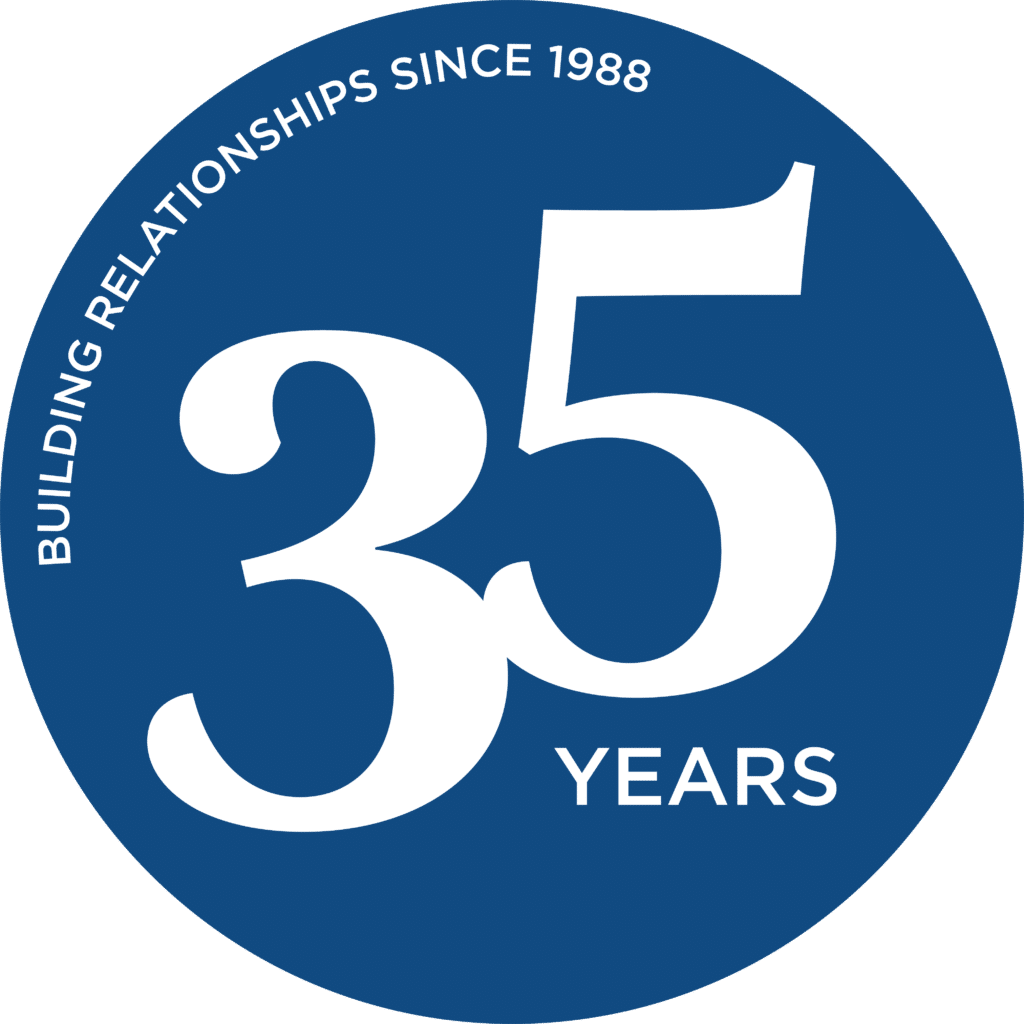Six Principles for a Successful Executive-Level Job Search
In today’s dynamic and competitive job market, the elements of an effective executive-level job search are very different than what may be utilized for non-executive roles. It can be seductive to spend time on job boards responding to advertised openings—but this is a low probability exercise. The three channels of activity that drive any effective professional job search are networking, targeted direct outreach, and executive search firms. Actively working all three channels through specific and sustained activity yields the best results. This is especially true for an executive-level search, as the level of competition is intense and there are fewer opportunities at this level than at lower levels.
Getting started
An effective job search begins with a realistic assessment of skills, background, and experiences to define the value proposition that you bring to the market. With a realistic assessment of yourself, the next step is to define the range of industries, organizations, and roles that have a need for your unique combination of skills and experiences, and in which you would likely bring value to the organization. Resume, biography, and social media accounts (i.e. LinkedIn) are then created, or updated, to reflect and highlight your relevant background and experience as they relate to the industry, function, and/or opportunity you are trying to secure.
Limit the time spent on job posting websites
Most people spend way too much time trolling around job posting websites, but this is usually a time waster that does not yield success unless coupled with other more active efforts. Online postings typically generate hundreds of eager and well-qualified responses. However, the typical applicant tracking system uses algorithms to filter the pool of applicants, so only a select few are ever seen by the people involved in the hiring process. It’s a very efficient process for the hiring company but it is unrealistic to expect a positive outcome if an individual is passive and simply waits for opportunities to present themselves.
Spend a lot of time networking
The most important factor in an executive-level job search is the sustained effort to secure introductions, conversations, and interviews with individuals and organizations who might have a need for your skills. Networking involves a pragmatic approach to identifying and connecting with people who can provide information, insight, or connections that bridge to potential opportunities. Effective networking requires an investment of time and commitment to follow-up and follow-through on potential leads even though many will not directly result in a job. Some conversations yield valuable information or connect directly to a specific immediate opportunity while other networking conversations lead to connections with other networking contacts. Be patient and maintain the effort.
While networking often starts with those who are close contacts, it should expand as a job seeker stays connected with those in their personal network. The expectation is that the broader group will then provide additional insight and connections within the industry or with specific organizations or opportunities.
Do targeted direct outreach
While networking seeks to leverage the strengths of personal relationships, business connections, and social interactions, direct outreach involves proactive outreach to targeted organizations and individuals without the benefit of prior relationship or a network referral. Direct outreach is as simple as writing, calling, or emailing a targeted organization or individual to see if they would be receptive to an initial conversation to explore the possibility of mutual interest.
There are two key things that make direct outreach effective. One is targeting so there is a clear and obvious connection between your skills and background and the potential needs of the organization. The more alignment, the more likely there will be a positive response to the direct outreach.
The second key to successful direct outreach is the breadth and depth of the outreach. In terms of breadth, there needs to be enough activity to generate a positive result. If someone only reaches out to two organizations, they would need a 50% response rate to secure one follow-up. If that same individual reached out to 10 organizations, a 10% response rate would yield a meeting. Extend that activity to 100 organizations and apply the same math, and it could result in 10 follow-up meetings.
Successful direct outreach requires appropriate follow-up to help cut through the distractions and increase the odds of a positive response. If a job seeker sends a single email to a busy executive, it is not likely they will get a response. If on the other hand, they send a follow-up email a few days later or they reach out by phone as well, the odds of contact and conversation are greatly increased.
Tap into executive search firms
Many executive-level roles are filled through executive retained search. The larger and more visible the role, the more likely it is an organization will hire a search firm to manage the process. To be considered as a candidate for these roles, the job seeker must first gain visibility and credibility with the external recruiter. This is typically done through networking and direct outreach.
Since search firms are retained to find the best overall candidate for a specific role, they are evaluating and screening potential candidates on a variety of tangible and intangible factors. A retained search process usually involves the screening of 100 or more candidates to create a pool of four-to-five that are interviewed by their client. Those who have the requisite skills, background, and experience are in the initial screening pool of 100 or more. The few who have the greatest demonstrated alignment with what are perceived to be the most important success factors for that specific role at that specific organization make it to the interview process.
Some interactions with search consultants will lead to interviews and job offers while others may lead to disappointment, but the disappointments can also lead to valuable insights and information. While you may not be identified as best fit for one role, you may be an ideal fit for another. A candidate will not be presented to more than one client at a time but search firms keep track of those clients they interact with. If a candidate makes a positive (or negative) impression, search consultants remember that and factor it in when they, or their colleagues, are working on other similar searches.
Balanced activity yields the best outcome
Resist the temptation of doing a largely online job search. There is a high correlation between the effort and activity people put into their job search and the success of the search. Greater success will come more quickly by engaging in active and ongoing networking combined with a high degree of direct outreach and targeted interaction with executive search professionals. Individuals who leverage all three activities will generally land better positions faster than those who put more limited effort into networking, outreach, and navigating the executive search arena in favor of simply responding to open online postings.
Rob Croner
Vice President, Senior Executive Services
CCI Consulting



